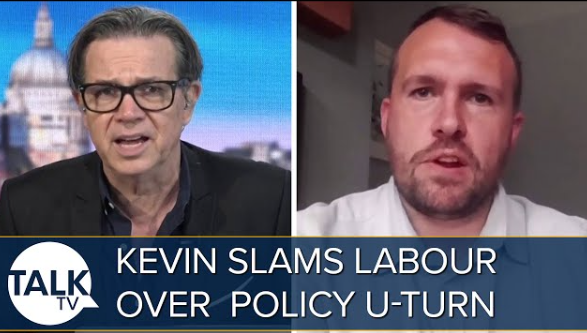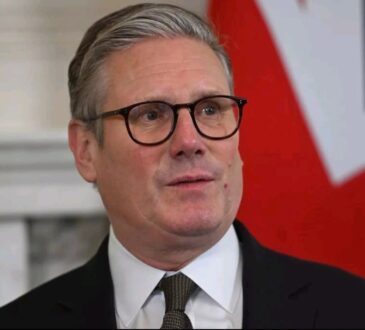“Labour’s Flip-Flop on Migrant Accommodation Sparks Accusations of Hypocrisy, Says Kevin O’Sullivan”

Kevin O’Sullivan, a prominent commentator, and analyst, has launched a blistering attack on the Labour Party for what he calls an “epic level” of hypocrisy in their stance on migrant accommodation. O’Sullivan’s criticism comes in response to recent revelations that Labour would uphold similar policies to those they had vehemently criticized when proposed by the Conservative government.

O’Sullivan minced no words in his assessment, highlighting the dramatic turnaround of Labour’s position. He drew attention to the party’s previous accusations of the Conservative policies as racist and inhumane, only to now align themselves with a similar approach. O’Sullivan characterized this shift as a glaring display of hypocrisy, emphasizing the inconsistency in Labour’s messaging.
During his address, O’Sullivan pointed out that one of the Labour shadow ministers, Stephen Kinnick, recently disclosed that if Labour were to win the next election, they would continue with the same migrant accommodation policies put forth by the Tories. O’Sullivan described this revelation as a remarkable act of hypocrisy, given Labour’s history of criticizing the Tories for these very policies. He expressed disbelief at the audacity of Labour to label the Conservative government’s actions as morally wrong while covertly intending to implement the same measures themselves.
O’Sullivan also brought attention to Labour’s voting record, noting that the party had consistently opposed using alternative accommodations for migrants in the House of Commons. He further underscored that Kinnick himself had been a vocal advocate for a second referendum on the United Kingdom’s membership in the European Union, a stance that contradicts the idea of stricter border controls.
In conclusion, O’Sullivan’s condemnation of Labour’s U-turn on migrant barge policies is marked by its directness and intensity. He accuses the party of attempting to manipulate public perception while secretly harboring intentions to pursue similar strategies if given the chance. The commentator’s critique adds to the ongoing discourse surrounding the migrant crisis and highlights the political complexities underlying the issue.




